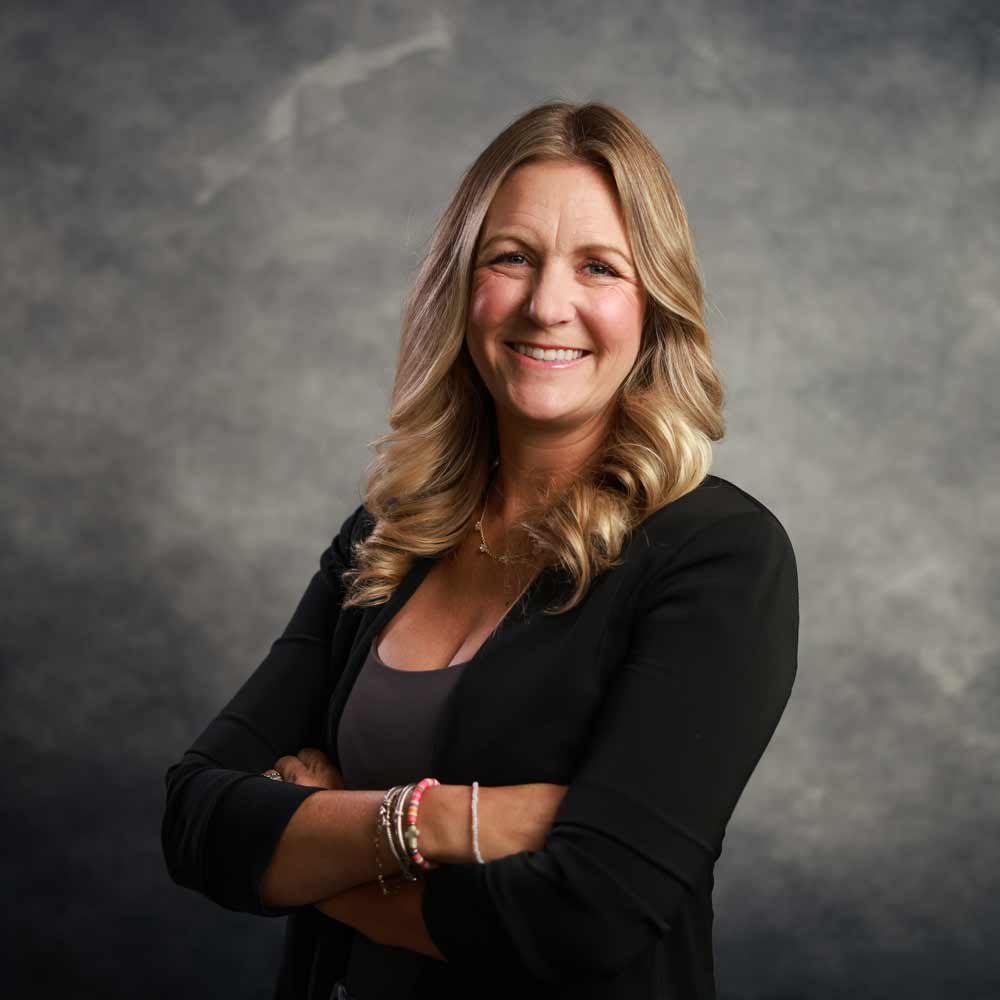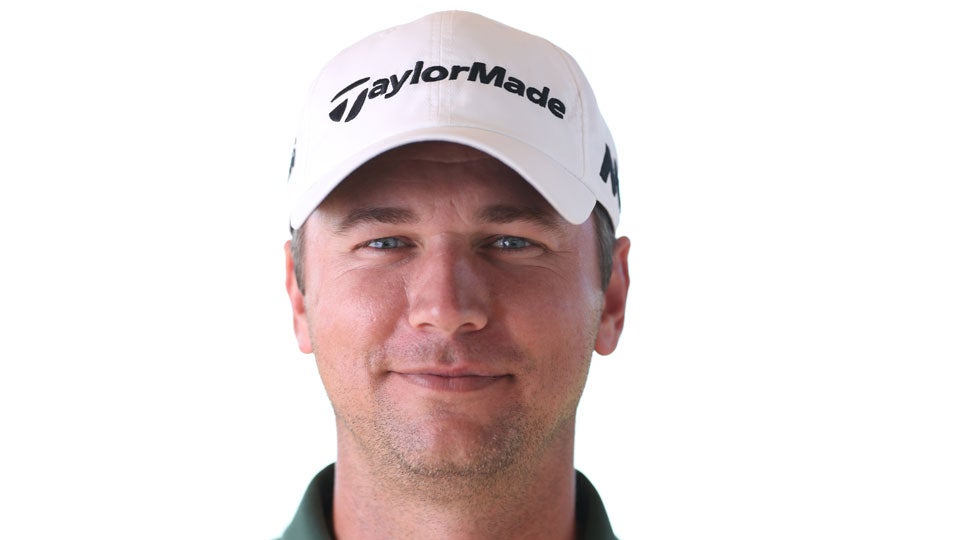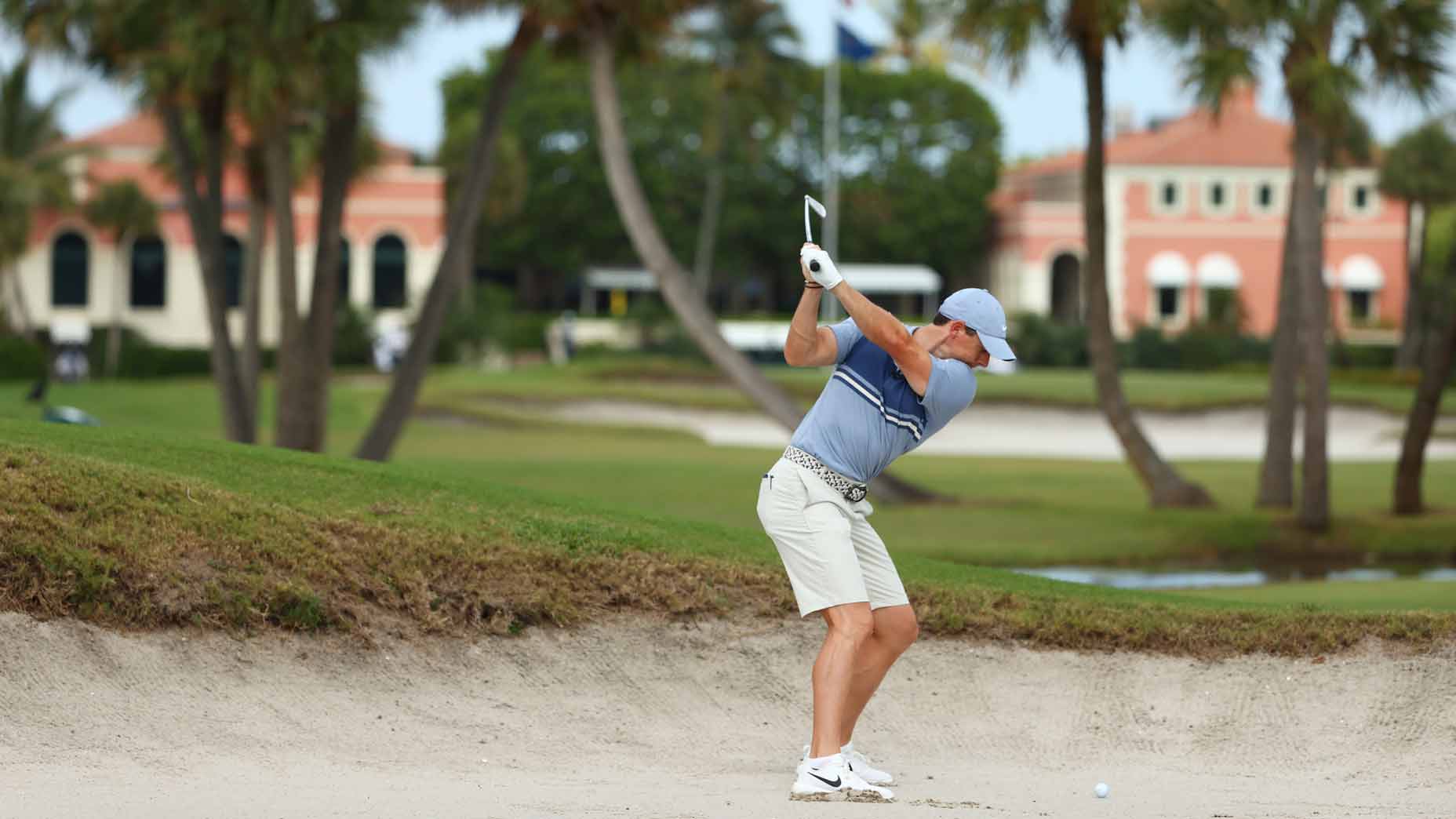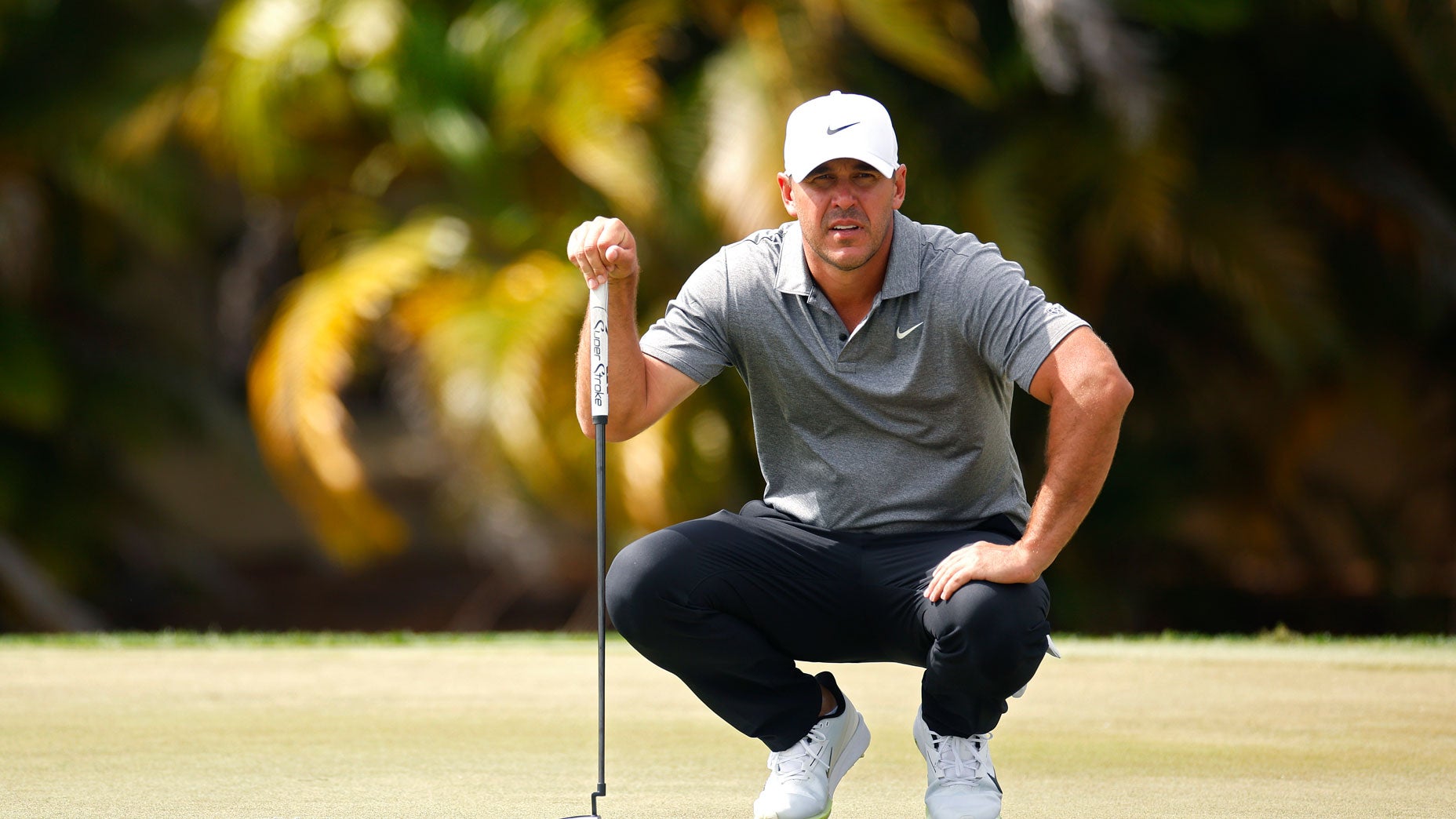Sean O’Hair, 33, was Rookie of the Year and won four times in his 20s. But it took a brutal slump to teach him to be his own man. O’Hair sat down with GOLF Magazine to discuss his career, which has including many highs and lows, and explain how he picked himself up from a low point.
You’ve had plenty of ups and downs. After winning Rookie of the Year honors in 2005 and racking up several wins, you fell into a terrible slump, eventually dropping out of the top 500. Then you bounced back in 2015, almost winning the Valspar Championship. How did you reclaim your game?
It had to do with clearing my head. I was doing a lot of searching, a lot of nitpicking. It started with getting back to ball flight, and hitting shots and seeing shots—getting away from technique and just playing again.
Did fatigue contribute to your struggles? After all, you’ve been a pro golfer for half your life, since you were 17.
I don’t feel like that was ever a problem. I’ve always felt like an underachiever, like I have something to prove, so the energy’s always been there. Honestly, I just got away from what works for me. And I think people were trying to help. I don’t think it was a sabotage-type thing. But by trying to get better, you start asking people their opinion, and that might not be the best thing. I don’t play well when I get super, super technical. I got away from the things that made me good.
What kind of fundamentals did you lose sight of?
When I got on Tour, I was a shotmaker. I liked to hit it high, hit it low, hit left to right, hit right to left. But then I got too much into trying to have the perfect swing—and that’s a dark alley for me, because it either works or it’s awful. When it’s not working, you try to find new things. And at the end of the range session, it’s like, “What was I working on?” Your mind feels like a scrambled egg.
How bad did it get?
There was a point where I would stand over a shot and I wouldn’t know what to do, wouldn’t know what to think. How are you supposed to be confident playing that way? It was a tough two years.
Can you remember a turning point?
It was when I got my [Tour] card back. I played really well at the Web.com event [the 2014 Nationwide Children’s Hospital Championship, where he finished T3]. People always ask, “What’s it like trying to win a tournament? It’s got to be stressful.” And I’m like, “No, that’s not stress. Stress is going out there and playing to keep your job. That’s stress.” I missed some cuts, and I even had a talk with my caddie. I said, “Look, you may need to find another job because I’m probably going to be playing on the Web.com Tour.” And then I ended up finishing third, a shot outside the lead, and I got my Tour card back.
You took that momentum into 2015. You got into a playoff at the Valspar with Jordan Spieth and Patrick Reed. Spieth won, but it must have felt great to be in the hunt again.
The thing was, when I put myself in that position, I knew exactly what to do. It wasn’t like, “Oh my God, I haven’t been here in a while.” I felt comfortable, like, “This is where I should be.” And that’s what I was most proud of. Even if I had won the tournament, I still would have felt more proud about being in that situation and thinking, “This is where I belong.” That was a good feeling.
This season you’ve already notched three top 25s and a top 10. Do you have a new perspective on golf, or life?
I’ve been able to clear out all the junk and see life the way I want to see it, live it the way I want to live it—and not be sorry for it. I was never able to do that. Growing up, I wasn’t taught how to be a man. I was basically told what to do and told not to talk back. And I finally feel like I’m growing up a bit. I feel like I’m waking up and saying, “I’m going to do things my way.” And if I don’t perform the way I want to perform, it’s on me.
Do you regret turning pro so young? You were just a senior in high school.
No, because I’ve experienced so much. I wasn’t good enough to turn pro at 17, but it made me tough. I don’t think I would’ve come out of what happened the last two years if I didn’t have those experiences to look back on. You don’t learn from winning. You enjoy winning, sure, but you don’t learn from it. What you learn from are your failures. You learn what not to do, and what to do, and what you’re made of. Of course, it would be nice to have a few up times too, but that’s not what makes you stronger.
ONE THING I KNOW FOR SURE
“Golf is what I’m meant to do. The last two years, I questioned what I was doing for a living—like, is this the thing for me? But I’ve learned that yes, for sure, this is what I’m meant to do. I don’t know if that means I’m going to win multiple majors. I don’t know if that means I’m going to be a struggling professional on the PGA Tour. But I know this is what I’m meant to do. And that closure was big for me.”







